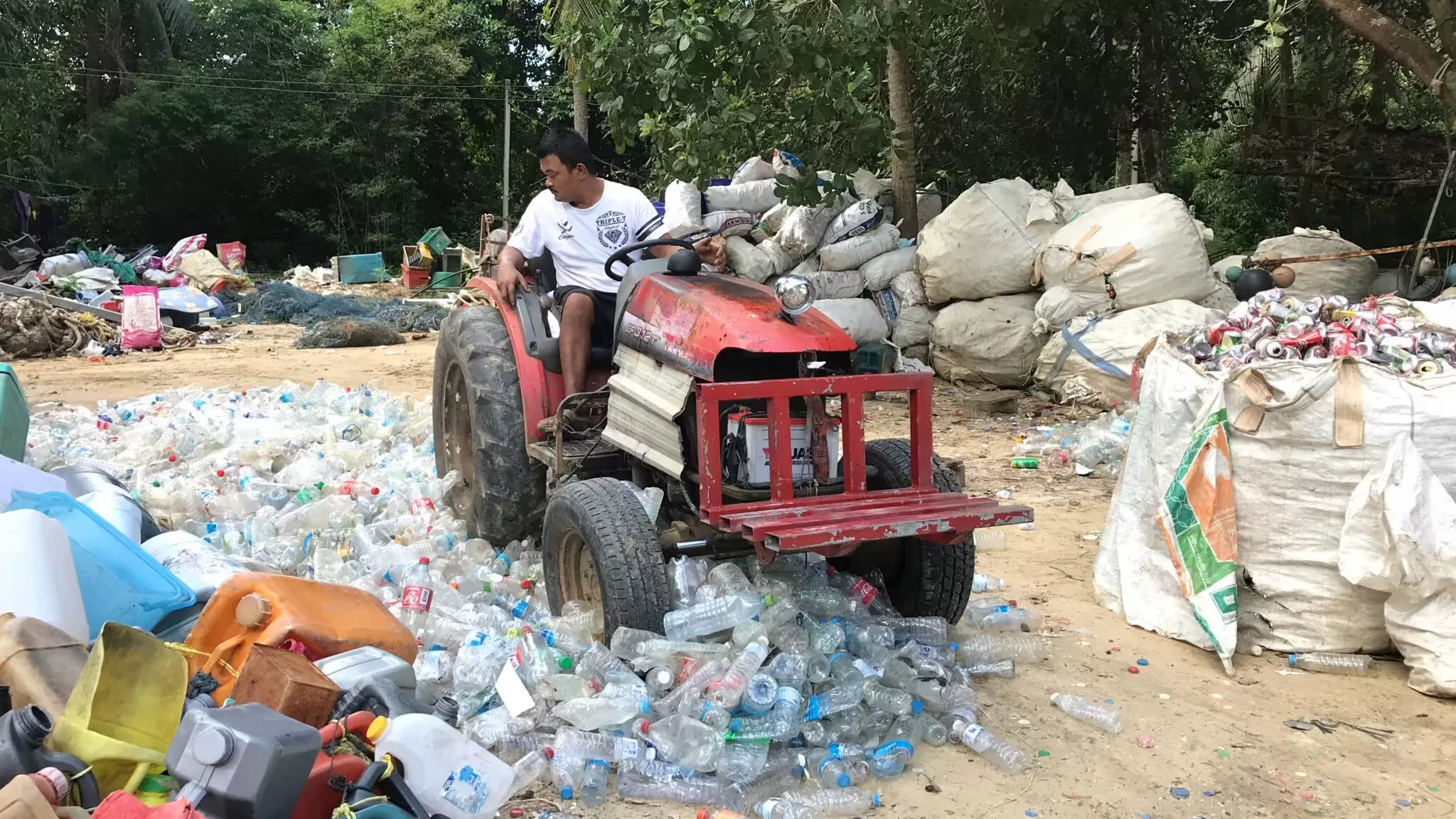Table of content
Waste has a significant environmental impact, as many harmful products and chemicals can take centuries to decompose. It’s an issue that poses serious risks to both society and ecosystems.
With landfills around the world overflowing, it’s essential that all stakeholders - from producers to consumers - take responsibility for properly managing waste at the end of its life cycle.
To help reduce waste generation and ensure more responsible disposal, Extended Producer Responsibility (EPR) plays a critical role.
What is EPR?
EPR is an environmental policy approach that holds producers accountable for the entire lifecycle of their products — from design and manufacturing to distribution, use, and end-of-life disposal.
Rather than passing the burden onto taxpayers or local governments, EPR ensures that producers bear the financial and operational responsibility for waste collection, recycling, and disposal.
These programs often involve:
- Sustainable product design
- Responsible manufacturing
- Transparent distribution
- Consumer education
- And most importantly, proper end-of-life waste management
By anticipating the environmental impacts of their products, producers are encouraged to design items that are easier to recycle, reuse, or safely dispose of, and promoting a more circular economy.
Why Does EPR Matter?
The consequences of poor waste management can persist for generations: damaging ecosystems, public health, and economies.
EPR helps prevent this by:
- Reducing environmental harm from hazardous waste
- Encouraging resource efficiency and eco-innovation
- Incentivizing better product design and material choices
- Shifting the cost and responsibility away from consumers and governments
EPR is also a powerful tool for achieving broader sustainable development goals, as it aligns business practices with environmental and social responsibility.
What Does EPR Mean for Consumers?
Modern EPR programs also aim to serve informed, sustainability-conscious consumers.
Under EPR, producers are expected to share transparent information about their product’s lifecycle, including how it can be reused, recycled, or disposed of responsibly.
This enables consumers to make better-informed purchasing decisions, assessing both the environmental and social impacts before buying.
As the final link in the supply chain, consumers also play a role in waste reduction.
Supporting EPR-compliant companies and properly disposing of products helps build a more dynamic, sustainable system.
Why Should Businesses Care About EPR?
EPR promotes a culture of stewardship and transparency within the supply chain. For businesses, this translates into:
- Opportunities to differentiate through sustainable products
- Increased customer trust and loyalty
- Compliance with growing environmental regulations
- Stronger relationships with governments, communities, and stakeholders
By embracing EPR, companies can reduce risk, enhance brand reputation, and contribute meaningfully to environmental protection.
How Does EPR Work?
EPR programs are typically implemented through legislation, requiring producers to:
- Adopt responsible waste management practices
- Fulfill reporting obligations
- Pay fees (e.g., packaging or recycling taxes)
- Either manage these responsibilities in-house or outsource them to certified third-party organizations
-
Governments enforce these frameworks to promote sustainability, drive accountability, and shift industries toward more circular systems.
Conclusion
So, what is EPR?
Extended Producer Responsibility is a policy that places accountability on manufacturers for the full lifecycle of their products. By doing so, it helps reduce waste, protect the environment, and support a more sustainable future.
At Second Life, our plastic recovery projects are designed to support this mission: empowering companies to take real action, reduce their waste footprint, and be part of the solution.
Together, businesses, governments, and consumers can create a system that’s not just about managing waste, but about transforming it into an opportunity for positive impact.





